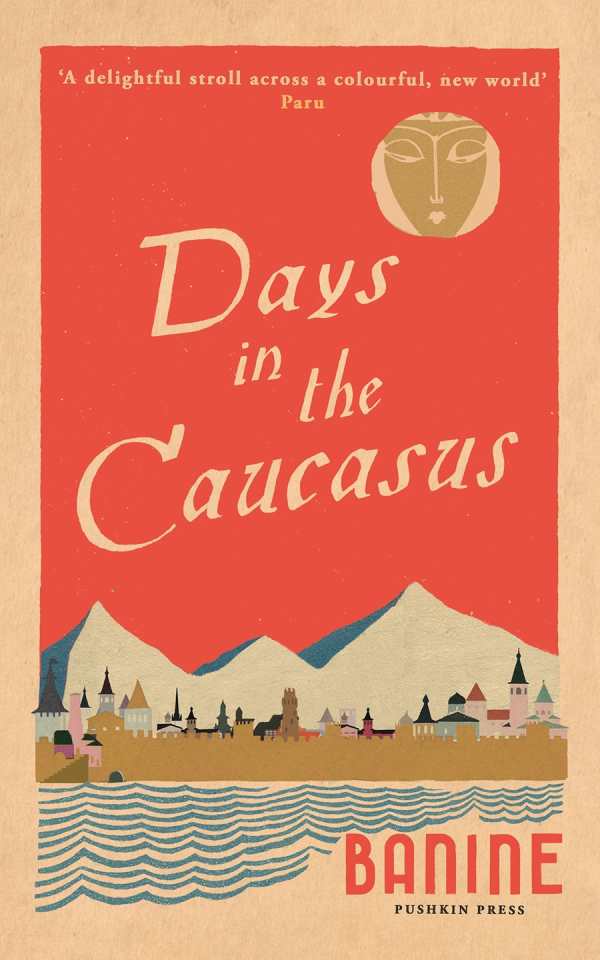Days in the Caucasus
French Azerbaijani writer Banine’s memoir of her childhood, Days of the Caucasus, is an entertaining early twentieth-century account.
Banine was born in 1905 to parents of new wealth. Her mother died from complications following her birth; she was raised by a German governess, Anna, alongside her three older sisters and a grandmother who was prone to delivering insults. Hers was a chaotic household full of constant squabbles and clashing traditions, all of which Banine relays with a genuine sense of love and enjoyment. The family split its time between the city and the countryside; although rich from their great-grandfather’s discovery of oil on their land, they remained peasants at heart.
But beyond the amusing events of her childhood, politics and wars had a disastrous impact on Banine’s family. Her sister eloped; her father was appointed Minister of Commerce; Banine was set to inherit millions. But instead, the Bolsheviks prevailed and her father was imprisoned. The family lived through the revolution and financial ruin, and they had to flee from the country and life they loved. To get a passport for her father, fifteen-year-old Banine, though she’d fallen in love with Bolshevik Andrey, married Jamil, whom she despised, but whose political connections helped her to get to Paris.
Banine’s consummate prose is marked by undertones of erudite wittiness. Educated and pragmatic, but also hopeful, she expresses wanting nothing more than to be free to pursue self-realization. Days in the Caucasus was published in 1945; this first English translation of the memoir is an absolute joy—full of adventure, travel, and youthful dreams.
Reviewed by
Monica Carter
Disclosure: This article is not an endorsement, but a review. The publisher of this book provided free copies of the book to have their book reviewed by a professional reviewer. No fee was paid by the publisher for this review. Foreword Reviews only recommends books that we love. Foreword Magazine, Inc. is disclosing this in accordance with the Federal Trade Commission’s 16 CFR, Part 255.

